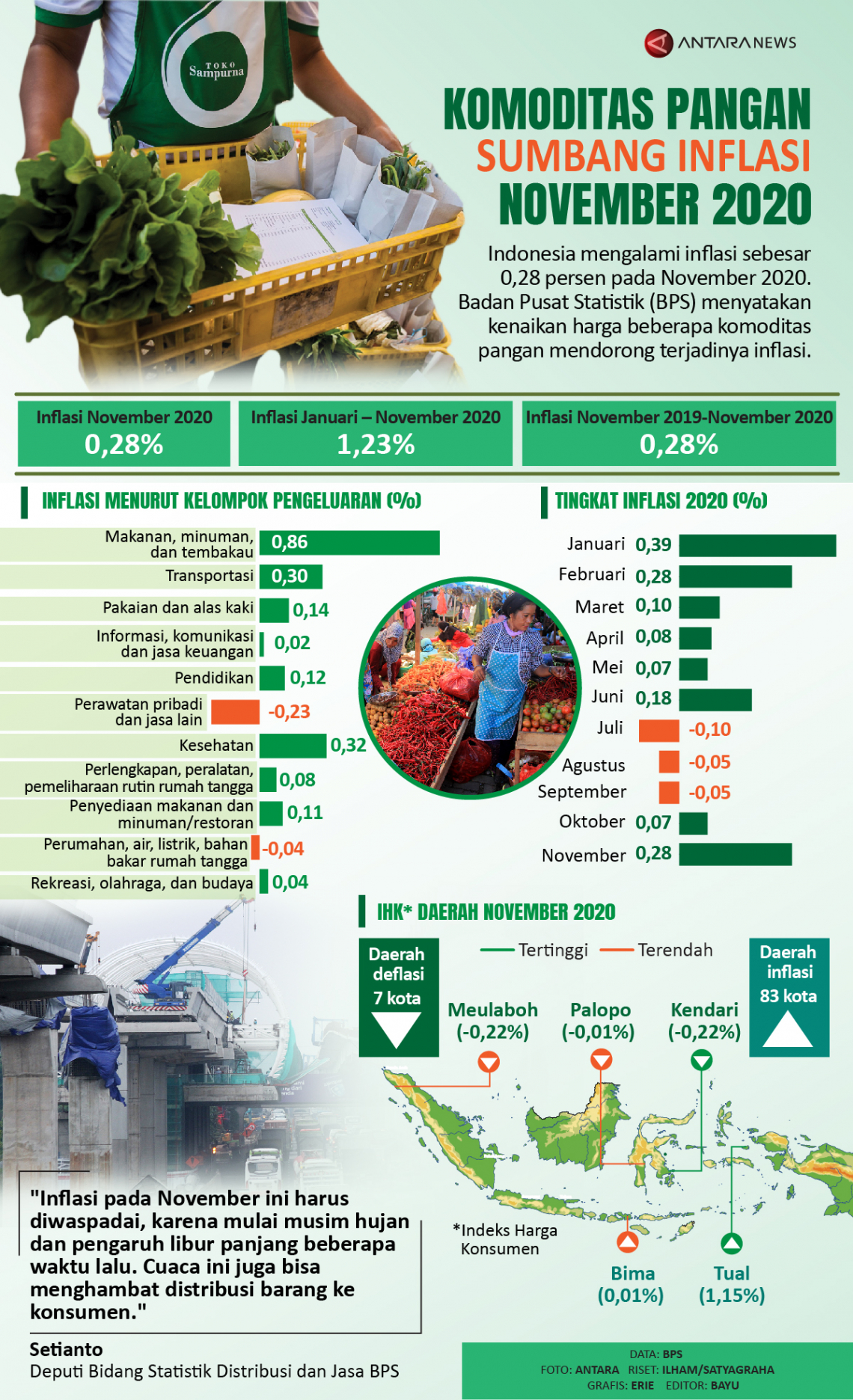Access To Birth Control: The Over-the-Counter Revolution After Roe V. Wade

Table of Contents
The Current Landscape of Birth Control Access
Accessing birth control in the United States currently presents numerous challenges. High costs, insurance coverage gaps, and geographical limitations create significant barriers for many women, particularly those in low-income communities or rural areas. The complexities of navigating the healthcare system, including scheduling appointments, obtaining prescriptions, and managing refills, further exacerbate these issues.
- High cost of prescription birth control pills and other methods: The price of prescription birth control can be prohibitive, forcing many women to forgo necessary contraception or choose less effective, more expensive methods.
- Insurance coverage gaps: Even with insurance, many women face high co-pays and deductibles, making birth control unaffordable. Furthermore, some insurance plans don't cover all types of birth control, limiting options.
- Limited access to reproductive healthcare providers in rural areas: Long distances to healthcare facilities and a shortage of providers, particularly in rural areas, significantly impact access to reproductive healthcare, including birth control.
- Navigating the complexities of prescription refills and doctor visits: The process of obtaining and refilling prescriptions can be time-consuming and inconvenient, potentially leading to missed doses and reduced effectiveness.
The overturning of Roe v. Wade has unfortunately compounded these existing challenges, potentially creating further barriers to accessing comprehensive reproductive healthcare, including birth control. The ripple effects of decreased access to abortion services may increase the demand for reliable and accessible birth control options.
The Potential Benefits of Over-the-Counter Birth Control
Making birth control readily available without a prescription offers numerous advantages:
- Increased convenience and accessibility: Over-the-counter birth control would eliminate the need for doctor's visits and prescriptions, making it significantly easier for women, especially those in underserved areas, to obtain contraception. This is particularly important for women facing transportation challenges or long wait times for appointments.
- Reduced cost: Moving away from the prescription model would likely lower the cost of birth control, making it more affordable for low-income women and reducing financial barriers to accessing this essential healthcare service. This could lead to greater compliance and better reproductive health outcomes.
- Empowerment for women to make their own healthcare decisions: Easy access to over-the-counter birth control empowers women to take control of their reproductive health without the need for intermediaries. This autonomy is crucial for informed decision-making about family planning.
- Potential decrease in unintended pregnancies, leading to fewer abortions: Wider access to birth control is a crucial preventative measure. By making it easier to prevent unintended pregnancies, the demand for abortion services could potentially decrease.
- Improved adherence to birth control regimens: Easier access translates into more consistent use, improving the effectiveness of birth control methods and reducing the risk of unintended pregnancies.
Addressing Concerns and Potential Drawbacks
While the benefits of over-the-counter birth control are substantial, potential drawbacks require careful consideration:
- The need for comprehensive education and awareness campaigns: Public education initiatives are essential to ensure safe and effective use of over-the-counter birth control. These campaigns should address proper usage, potential side effects, and contraindications.
- Potential for increased reliance on less effective methods if not properly guided: Without proper guidance, women might choose less effective methods or misuse more effective ones, leading to unintended pregnancies.
- Addressing potential drug interactions and contraindications through clear labeling and patient information: Clear and accessible information on potential drug interactions and contraindications is crucial to minimize risks associated with over-the-counter birth control.
- Concerns about the potential for increased environmental impact from packaging disposal: Sustainable packaging solutions should be considered to minimize the environmental impact of wider access to over-the-counter birth control.
The Role of the FDA and Regulatory Bodies
The Food and Drug Administration (FDA) plays a critical role in ensuring the safety and efficacy of over-the-counter medications, including birth control. The FDA's rigorous testing and approval process is essential to protect public health.
- The rigorous testing and approval process for over-the-counter medications: The FDA's approval process involves extensive testing to ensure the safety and effectiveness of the medication.
- Ensuring the safety and efficacy of over-the-counter birth control options: The FDA's rigorous standards are crucial for ensuring that over-the-counter birth control is both safe and effective for users.
- Addressing public health concerns and potential risks: The FDA's regulatory oversight is essential for mitigating potential risks and addressing any public health concerns that arise from wider access to over-the-counter birth control.
- The potential for varying approval timelines across different birth control methods: The approval process can vary depending on the specific method and its associated risks and benefits.
The Socioeconomic Impact of Wider Access
Increased access to over-the-counter birth control would have a significant socioeconomic impact:
- Reduced healthcare disparities for low-income women: Lower costs and increased accessibility would significantly reduce healthcare disparities for low-income women, improving their overall health and well-being.
- Improved educational and economic opportunities for women: Unintended pregnancies can significantly impact a woman's educational and economic opportunities. Wider access to birth control would help alleviate this burden, enabling women to pursue their goals.
- Impact on teen pregnancy rates: Increased access to birth control could contribute to a decline in teen pregnancy rates.
- Potential decrease in the overall burden on the healthcare system: Preventing unintended pregnancies through wider access to birth control could reduce the strain on the healthcare system associated with managing pregnancy-related complications.
Conclusion
The debate surrounding access to birth control is complex, but the potential shift toward over-the-counter availability represents a significant step forward in reproductive healthcare. While concerns remain, the potential benefits – increased accessibility, reduced cost, and empowered decision-making – are undeniable. Further research, public education, and regulatory oversight are crucial to ensure a smooth and successful transition. The future of reproductive healthcare may well hinge on the successful implementation of wider access to over-the-counter birth control, ensuring that all women have the autonomy to make informed choices about their bodies and their futures. Let’s continue the conversation about improving access to over-the-counter birth control and working toward a more equitable healthcare system for all.

Featured Posts
-
 Basarnas Balita Hilang Diduga Tenggelam Di Parit Batu Ampar Ditemukan Di Waduk Wonorejo
May 28, 2025
Basarnas Balita Hilang Diduga Tenggelam Di Parit Batu Ampar Ditemukan Di Waduk Wonorejo
May 28, 2025 -
 Lotto Winner Still Unclaimed Winning Ticket Location Revealed
May 28, 2025
Lotto Winner Still Unclaimed Winning Ticket Location Revealed
May 28, 2025 -
 Koster Minta Bps Tak Masukkan Canang Sebagai Komoditas Inflasi
May 28, 2025
Koster Minta Bps Tak Masukkan Canang Sebagai Komoditas Inflasi
May 28, 2025 -
 Ipswich Town News Mc Kennas Strong Week Concerns Remain For Phillips And Cajuste
May 28, 2025
Ipswich Town News Mc Kennas Strong Week Concerns Remain For Phillips And Cajuste
May 28, 2025 -
 Office365 Inboxes Targeted Hackers Multi Million Dollar Scheme Exposed
May 28, 2025
Office365 Inboxes Targeted Hackers Multi Million Dollar Scheme Exposed
May 28, 2025
Latest Posts
-
 Stock Market Valuation Concerns Why Bof A Remains Optimistic
May 30, 2025
Stock Market Valuation Concerns Why Bof A Remains Optimistic
May 30, 2025 -
 Addressing Investor Concerns Bof As Analysis Of Current Stock Market Valuations
May 30, 2025
Addressing Investor Concerns Bof As Analysis Of Current Stock Market Valuations
May 30, 2025 -
 Bof As Take On Stretched Stock Market Valuations A Guide For Investors
May 30, 2025
Bof As Take On Stretched Stock Market Valuations A Guide For Investors
May 30, 2025 -
 Understanding Stock Market Valuations Bof As View And Investor Implications
May 30, 2025
Understanding Stock Market Valuations Bof As View And Investor Implications
May 30, 2025 -
 High Stock Market Valuations A Bof A Perspective For Investors
May 30, 2025
High Stock Market Valuations A Bof A Perspective For Investors
May 30, 2025
